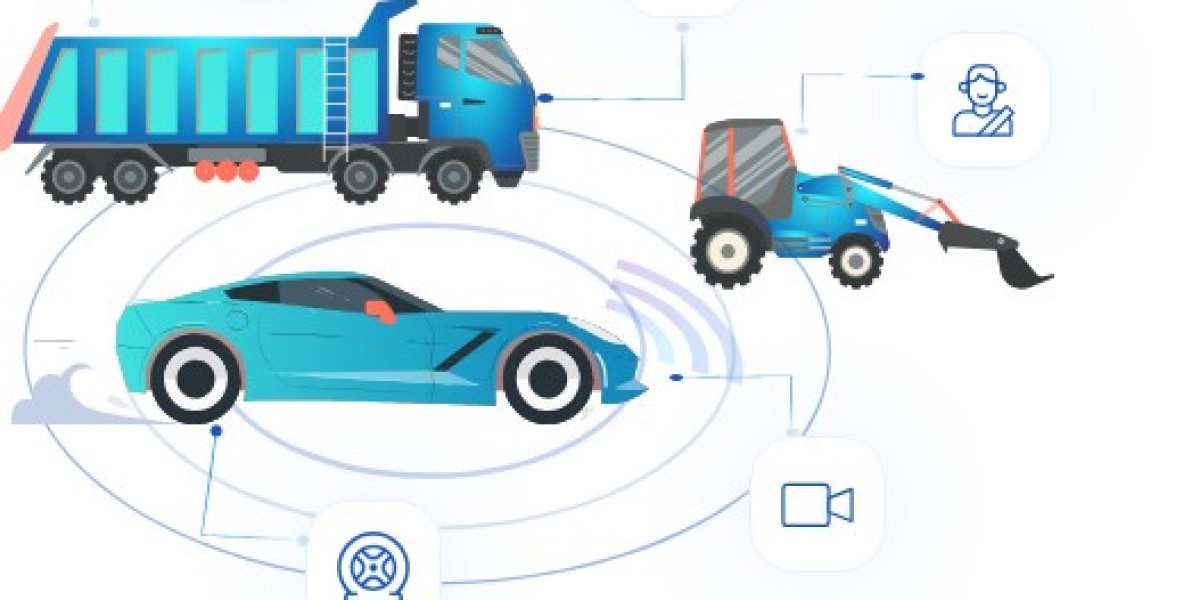The world of finance is undergoing a profound transformation, driven by the relentless advancement of technology. One of the most exciting developments in recent years has been the integration of Artificial Intelligence (AI) in credit repair. This technology promises not only to streamline the process but also to enhance the accuracy and efficiency of repairing and maintaining one's credit history. In this blog post, we will explore the innovations brought by AI credit repair, the challenges faced by this technology, and what the future may hold.
Want to know how often credit score is updated? Read the blog: https://www.coolcredit.com/blog/how-often-does-credit-score-update/
Innovations in AI-Driven Credit Repair
AI technology has introduced a host of innovations that are revolutionizing the credit repair process. These include:
Automated Error Detection: AI algorithms are now capable of scanning credit reports in detail to identify any discrepancies or errors like duplicate accounts or false delinquencies. This process, which used to take humans hours, can now be completed in minutes with higher accuracy.
Predictive Analytics: AI uses historical data to predict how certain actions will affect credit scores. This allows consumers to see potential outcomes before making financial decisions that could impact their credit status.
Automated Dispute Filing: AI streamlines the dispute resolution process by automatically generating and sending well-crafted dispute letters to credit bureaus, which reduces the effort and time involved in credit repair.
Customized Credit Improvement Plans: AI can analyze individual credit reports and spending habits to provide personalized advice tailored to improve each person's credit score efficiently.
Challenges in AI Credit Repair
Despite its benefits, AI-driven credit repair is not without challenges:
Data Privacy Concerns: With AI needing access to large amounts of personal data to function effectively, there is an increased risk of data breaches and misuse of personal information.
Lack of Human Oversight: AI systems, while efficient, may still require human intervention to manage complex credit issues that can't be solved through automated processes alone.
Regulatory Compliance: As AI in credit repair is relatively new, ensuring compliance with existing financial laws and regulations can be complex. The technology must constantly adapt to new legal standards and practices.
Don't know what credit score do you start with? Read the blog: https://www.coolcredit.com/blog/what-credit-score-do-you-start-with/
Future Prospects
The future of AI in credit repair looks promising, with ongoing advancements expected to further enhance the capabilities and effectiveness of AI systems. Future prospects include:
Integration with Blockchain Technology: To address privacy concerns, future AI credit repair systems may leverage blockchain technology to enhance the security and transparency of personal data handling.
Advanced Personalization: As AI technologies mature, they will be able to provide even more personalized and proactive credit repair services, predicting issues before they arise and offering solutions to prevent them.
Greater Accessibility: As the technology becomes more widespread and costs decrease, AI-driven credit repair services will become more accessible to a broader audience, democratizing financial health improvement.
Conclusion
AI is set to redefine the landscape of credit repair, making it faster, more accurate, and more accessible. However, as we harness these technologies, it is crucial to address the challenges they bring, particularly concerning data security and regulatory compliance. Looking forward, the continued evolution of AI promises to further empower individuals, giving them greater control over their financial health in ways we are just beginning to imagine.








